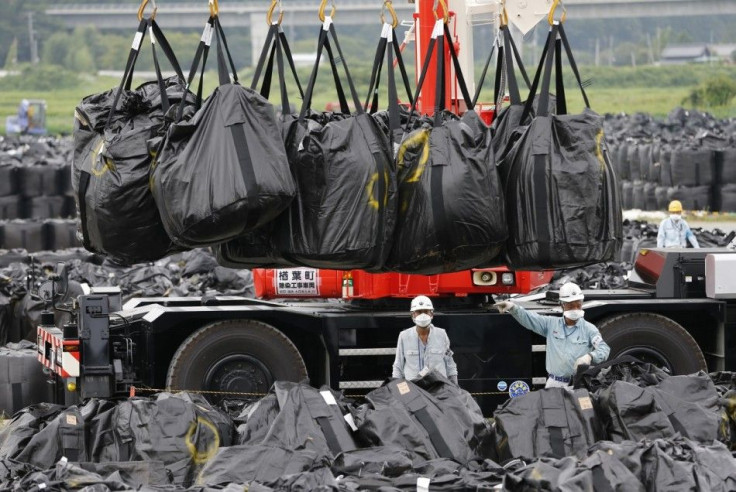U.S. In The Hotseat Because Of Convention On Nuclear Safety, Described “Biggest Obstacle” To World Security

The United States has been described as the "biggest obstacle" to effectively carry out the new proposals contained under the Convention on Nuclear Safety that seek to prevent a repeat of the March 2011 meltdown of the Fukushima Daiichi nuclear power plant in Japan.
The revelation was disclosed by Bloomberg, based on a 13-page presentation material passed around during a meeting of unidentified nuclear diplomats. The meeting aimed to strengthen the treaty, which governs safety rules at nuclear power plants in state parties to the Convention. Russia, Europe and the U.S. are all signatories.
The proposal from Europe had strongly maintained that nuclear operators have two burdens, prevent accidents and mitigate the effects of radioactive contamination in the event an accident does happen. Moreover, proposals have also been submitted that the must force upgrades, possibly expensive ones, at existing or ageing nuclear power plants.
The Russian seemed amenable to the proposals, except for the costly upgrades. Bloomberg cited Yury Ermakov, Russia's envoy to the meeting, as saying the scheme will the country's economic viability, especially in the light of its plummeting ruble.
But the U.S., according to the report, doesn't want the European proposal solely because "an attempt to amend the convention could weaken the rules, because some governments would be slow to ratify changes." Allison Macfarlane, chairman of the U.S. Nuclear Regulatory Commission, said the proposal could all the more "damage" global nuclear safety because it's a "difficult and long time-consuming process."
Senators Barbara Boxer and Edward Markey, in a Dec 3 Senate testimony, said they find the U.S. resistance to the European safety proposals a "serious concern." The report said what the U.S. wants is for the treaty signatories to just "reaffirm" their commitments to undergo rigorous peer reviews from international nuclear regulators.
Victor Gilinsky, former NRC commissioner, told Bloomberg someone should tell the U.S. that its nuclear safety standards actually fall behind Europe. "The German and French containment structures are generally more formidable than ours and those reactors generally have more protection systems," he said.
Paul Gunter, director of Reactor Oversight Project at Beyond Nuclear, had blasted the NRC earlier for installing containment vents without radiation filters at the nation's Fukushima-style nuclear power plants. "The NRC is more interested in filtering out the truth about these vulnerable Fukushima-style reactors than filtering the radioactive releases," Gunter said in a statement. "The NRC is gambling to save the industry some millions of dollars in safety retrofits against potentially hundreds of billions in damages and human suffering following that next nuclear accident."
Gunter said he finds it worrying that the NRC is ignoring the consequences and real costs of a severe nuclear accident by abandoning a reasonable safety upgrade. Moreover, he claimed the agency is also ignoring the input of independent experts. "The agency is demonstrating gross abandonment of its regulatory responsibilities in order to shield an economically beleaguered and inherently dangerous nuclear industry," he concluded.
Data from the International Atomic Energy Agency showed the world has a total of 438 nuclear power plant reactors. Over half of these were built 30 years ago and are already nearing the age when they will need special attention.





















